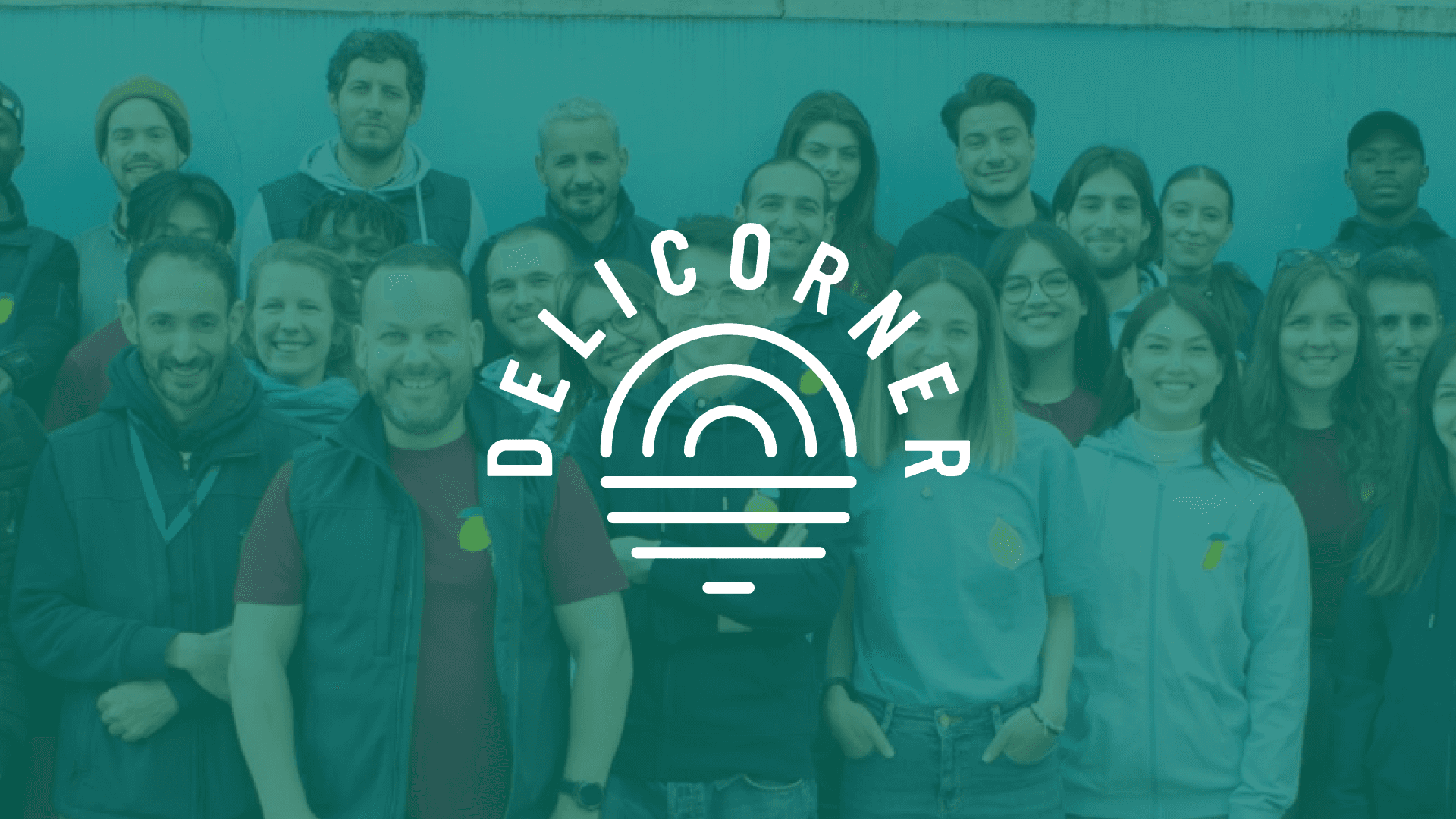What is a Tailored Product? (Customization for Individual Needs)
Have you ever wondered why some products seem to fit your needs and preferences as if they were made just for you?
Tailored products are not just about adding a unique touch; they're about redefining the very essence of customer satisfaction and engagement. In this blog post, we will explore what a tailored product truly is, the various forms it can take, and how it significantly differs from off-the-shelf options. By the end of this read, you will not only understand the intrinsic value of customization but also how to identify and choose tailored products that enhance your life.
Understanding the concept of tailored products
What is a Tailored Product?
Imagine having a product so perfectly designed to match your business needs that it feels as if it was custom-made. Welcome to the world of tailored products. A tailored product is a product that has been specially designed or altered to meet the specific needs of a customer or a group of customers. In the context of SaaS, a tailored product could be a software that has been tweaked to better suit the functionalities and workflow of a particular enterprise, thereby guaranteeing greater efficiency and customer satisfaction.
The Emergence of Tailored Products in Business
With advancements in technology and the rise of personalization as a key marketing strategy, businesses are increasingly turning to tailored products. By customizing software or services to match specific customer needs, businesses are able to provide a unique value addition that sets them apart from the competition. Moreover, a tailored product allows businesses to finetune their operations, ensuring optimal utilization of resources and delivering superior results.
Benefits of Tailored Products
There are numerous benefits to using tailored products in businesses. Some of them are:
Higher Efficiency: Tailored products enable businesses to streamline their workflows. By minimizing the need for manual intervention and simplifying complex processes, tailored products enhance productivity and efficiency.
Better Customer Satisfaction: Tailored products help businesses deliver an enhanced user experience. By personalizing the product to match customer needs, businesses ensure that customers find the product easy to use and navigate, thereby boosting customer satisfaction.
Increased Business Agility: Tailored products empower businesses with the ability to adapt quickly to changes in the market. By offering flexible solutions that can evolve with the business, tailored products help businesses stay ahead of emerging trends and seize new opportunities.
The process of tailoring products to meet individual needs
The Process of Tailoring Products
Discovery and Analysis: The process begins with identifying the individual needs of the client. A thorough understanding of your client's business processes, challenges, and targets can provide valuable insights into the product development stage.
Design and Development: Once the needs are identified, the next step in tailoring a product involves designing an apt solution and developing it. The design process should be user-centric, focusing on the user's convenience, while the development should ensure the product's efficiency and reliability.
Testing and Implementation: These stages ensure that the tailored product meets the client's needs accurately and functions as intended. Rigorous testing is performed before it gets implemented, followed by evaluation and necessary adjustments.
Support and Maintenance: Providing continued support and timely updates according to the shift in the user's needs is a crucial part of tailored product development.

The Power of Tailored Products in SaaS
In the SaaS sector, the capability to offer tailored products signifies the ability to understand and respond to diverse customer needs effectively. Customizable software not only proves beneficial from a functionality perspective but also plays a significant role in the user onboarding process. The user finds it easier to understand a product that mirrors their work processes, which significantly improves the adoption rate. Consequently, tailored products drive user engagement, facilitate easier understanding of the product, and hence, enhance the overall customer experience.
Related Glossary
Automation Strategy
Business Process Automation
Business Process Standardization
Cost Optimization
Cross-Functional Collaboration
Customer Centricity
Data Silos
Data-Driven
Digital Tools
Flow in the Context of Work and Creativity
Generative AI
Hyper-targeted
Hyperautomation
Implement
IT Roadmap
IT Strategy
Lead Measure
Positioning
Product Features
Product Manager
Product Marketing Manager
Product Positioning
Quick Wins
Roadmap
Segmentation
Silo
Tool-tip
Total Quality Management
Touchpoint
User Experience



